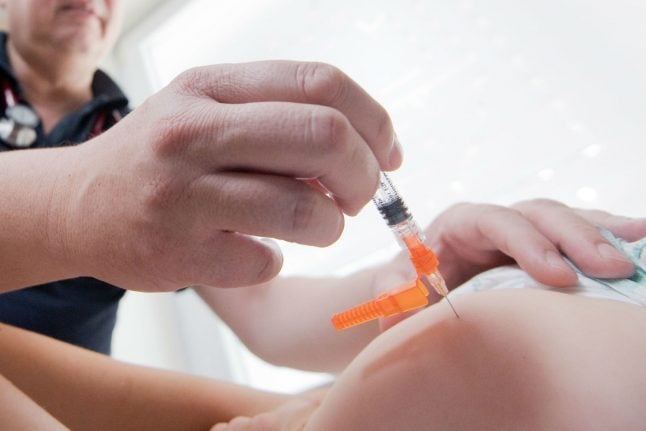According to the paper, US President Donald Trump is trying to poach German scientists working on an experimental vaccine against a global health threat that has now killed some 5,500 people with a view to having an exclusive licence rolled out in the United States.
German media reports US authorities are trying to outbid German authorities by offering higher sums of money.
Coronavirus: These are the measures in Germany you need to know about
Such a vaccine would be “only for the United States,” a source close to the German government told Die Welt, though Berlin would reportedly is looking to make offers of its own to biotech firm CureVac, based in the German state of Thuringia.
The company, founded in 2000, has other sites in Frankfurt and Boston. The firm markets itself as specialising in “development of treatments against cancer, antibody-based therapies, treatment of rare illnesses and prophylactic vaccines.”
The lab is currently working in tandem with the Paul-Ehrlich Institute, linked to the German ministry of health. It specialises in vaccine research.
“The German government is very interested in having the development of vaccines and active substances against the novel coronavirus undertaken in Germany and Europe,” a health ministry spokesman told Die Welt, adding that the government was in “intensive” talks with CureVac.
As CureVac CEO, Daniel Menichella found himself invited on March 2 to the White House to meet with Trump, his vice-president Mike Pence and representatives of pharma companies working on how to respond to the pandemic, the company revealed on its website without indicating if financial offers had been put on the table.
“We are very confident that we will be able to develop a potent vaccine candidate within a few months,” CureVac quoted Menichella — who has since given way to founder and incoming CEO Ingmar Hoerr — as saying following his Washington visit.



 Please whitelist us to continue reading.
Please whitelist us to continue reading.
Member comments